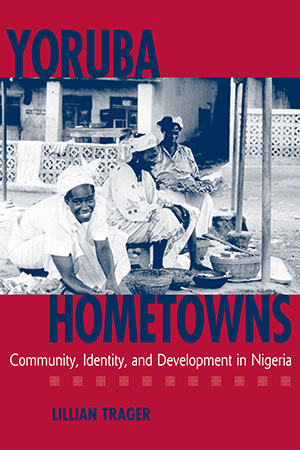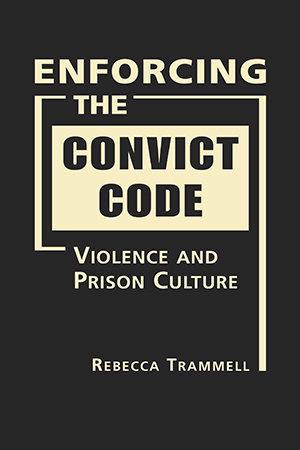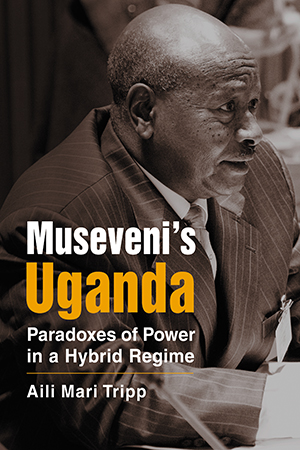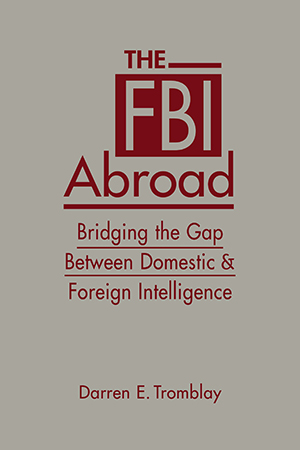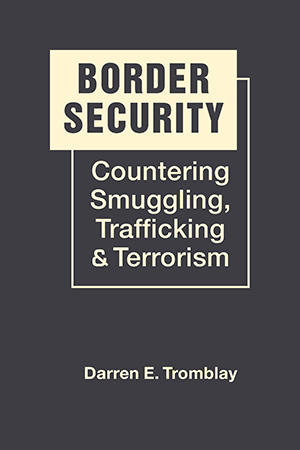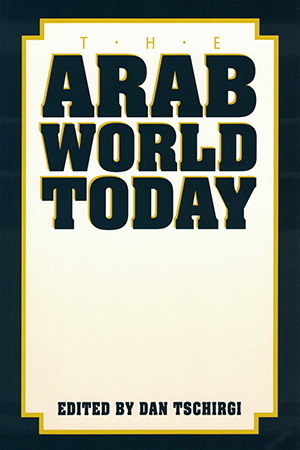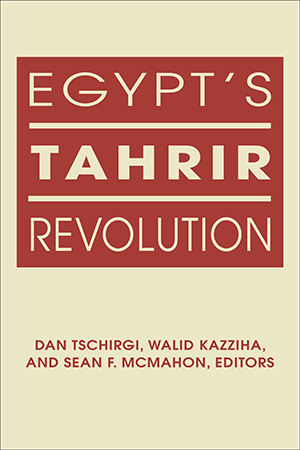BOOKS
The pattern of migrants maintaining strong ties with their home communities is particularly common in sub-Saharan Africa, where it has important social, cultural, political, and economic More >
Is it possible that a prison's gangs, racial tensions, and underground economy may actually serve to make it a less dangerous place? In this examination of violence behind bars, Rebecca More >
How do governments approach, understand, and even justify assassination? What methods have been used historically, and how do they differ from current practice? What are the consequences of More >
Aili Mari Tripp takes a close, clear-sighted look at Ugandan politics since 1986, when Yoweri Museveni became the country's president. Museveni's exercise of power has been More >
Initiated in the aftermath of the September 11 terrorist attacks, have the reforms of the US intelligence enterprise served their purpose? What have been the results of the creation of the More >
How is it that the FBI, a domestic intelligence agency, operates beyond the US borders? What role does the bureau play in emerging democracies? In what ways does it contribute to US More >
As a provider of vital infrastructure and technology, the private sector has become an essential contributor to US national security—and the target of hackers and terrorists. Darren More >
Securing the US borders has become a focal point of public and political discourse. But how can that security best be achieved? Darren Tromblay addresses this question in his comprehensive More >
The full significance of the 1990-1991 Gulf crisis remains unclear—though clearly of deep concern to all those interested in the Arab World and its place in today's fast-changing More >
The 18-day revolt that ended Hosni Mubarak's 30 years of rule marked a historic turning point in the political fortunes not only of Egypt, but of the entire Middle East. While the impact More >



